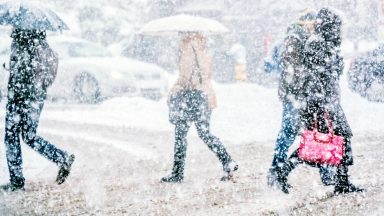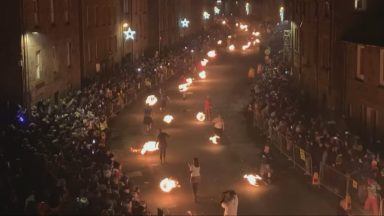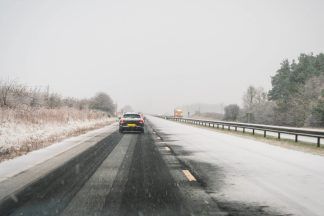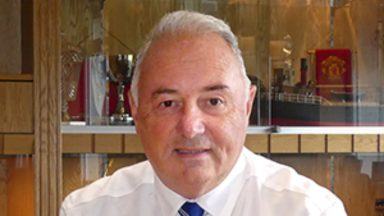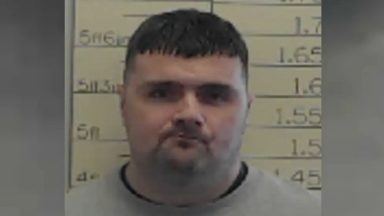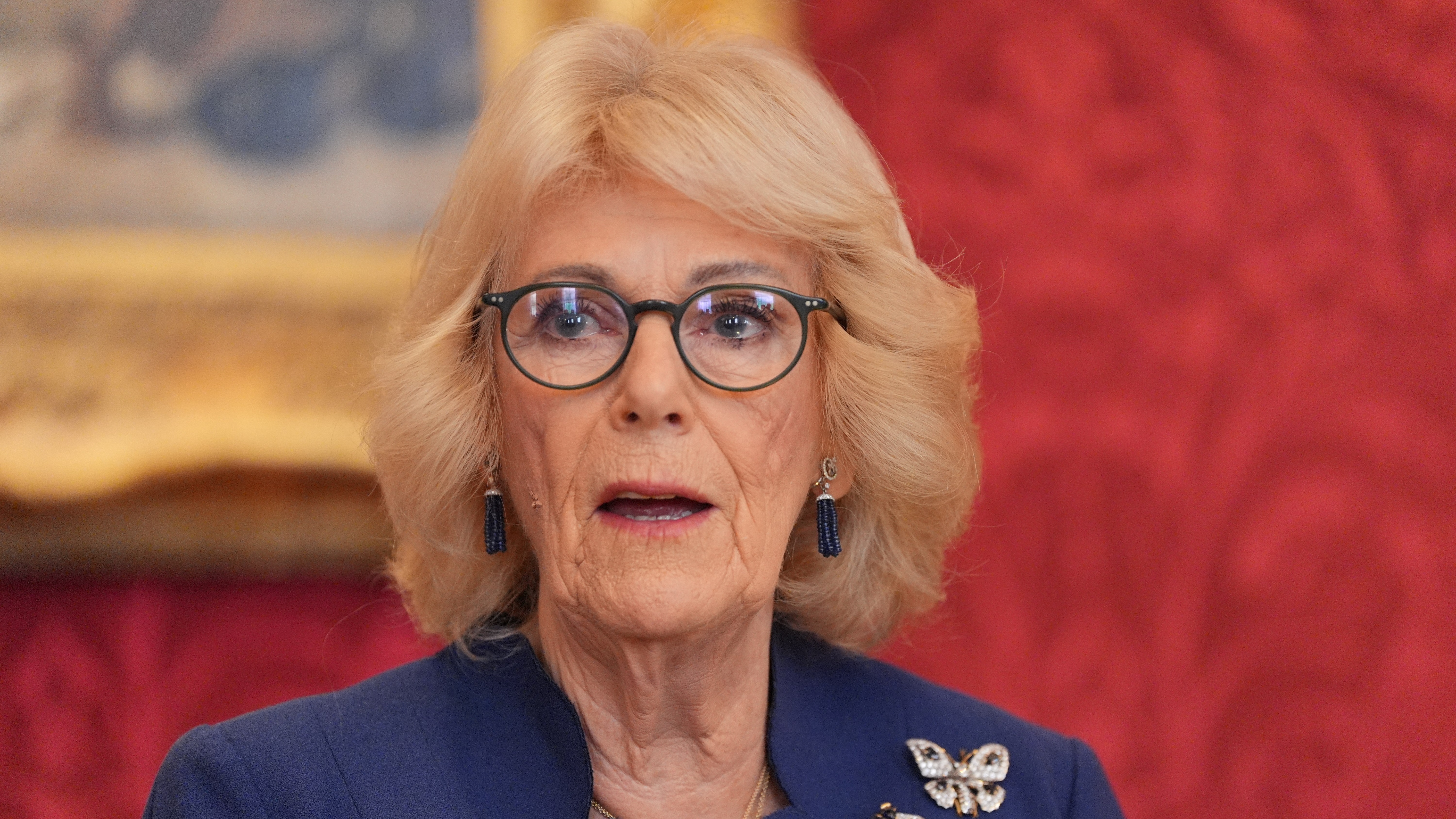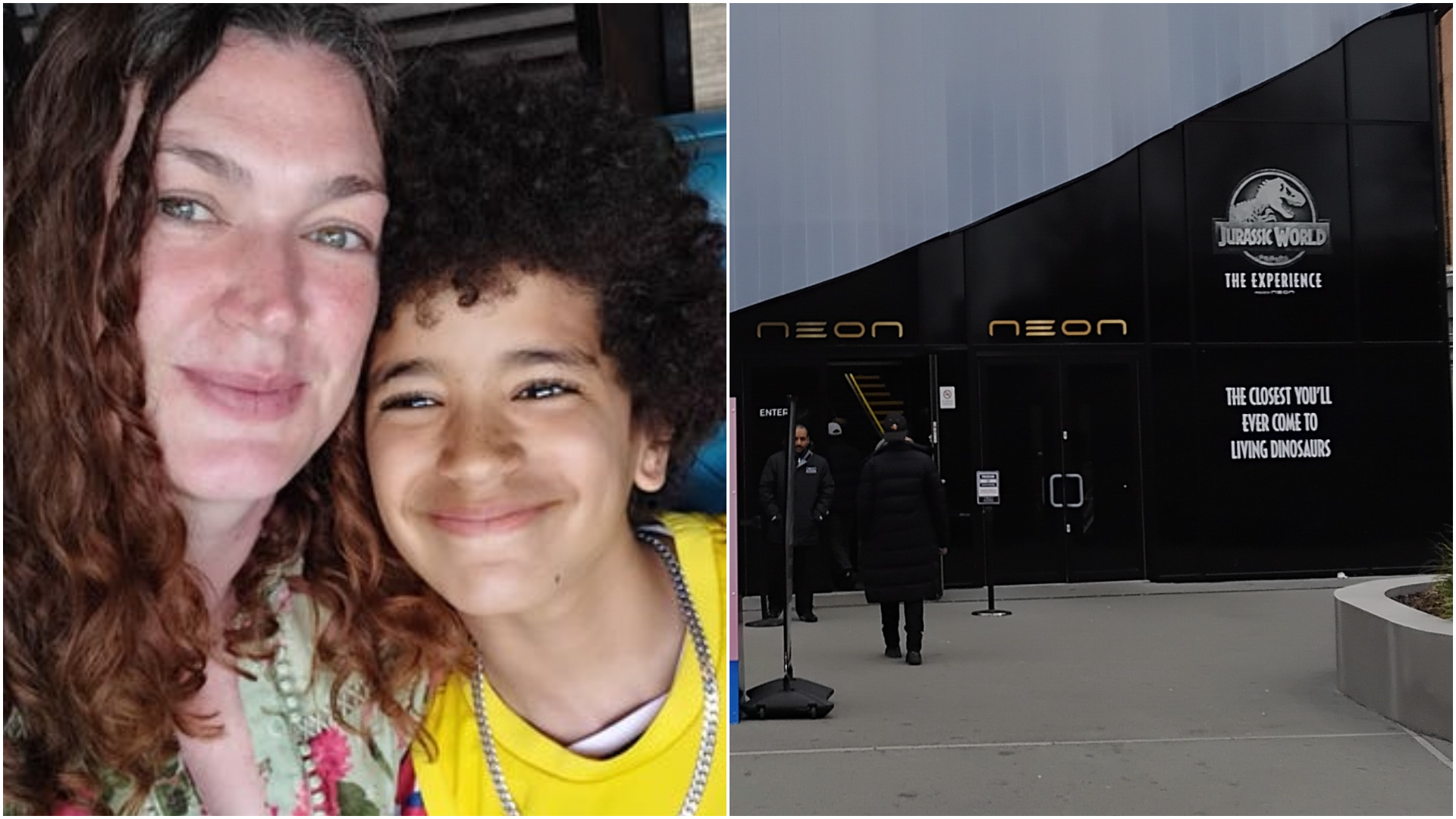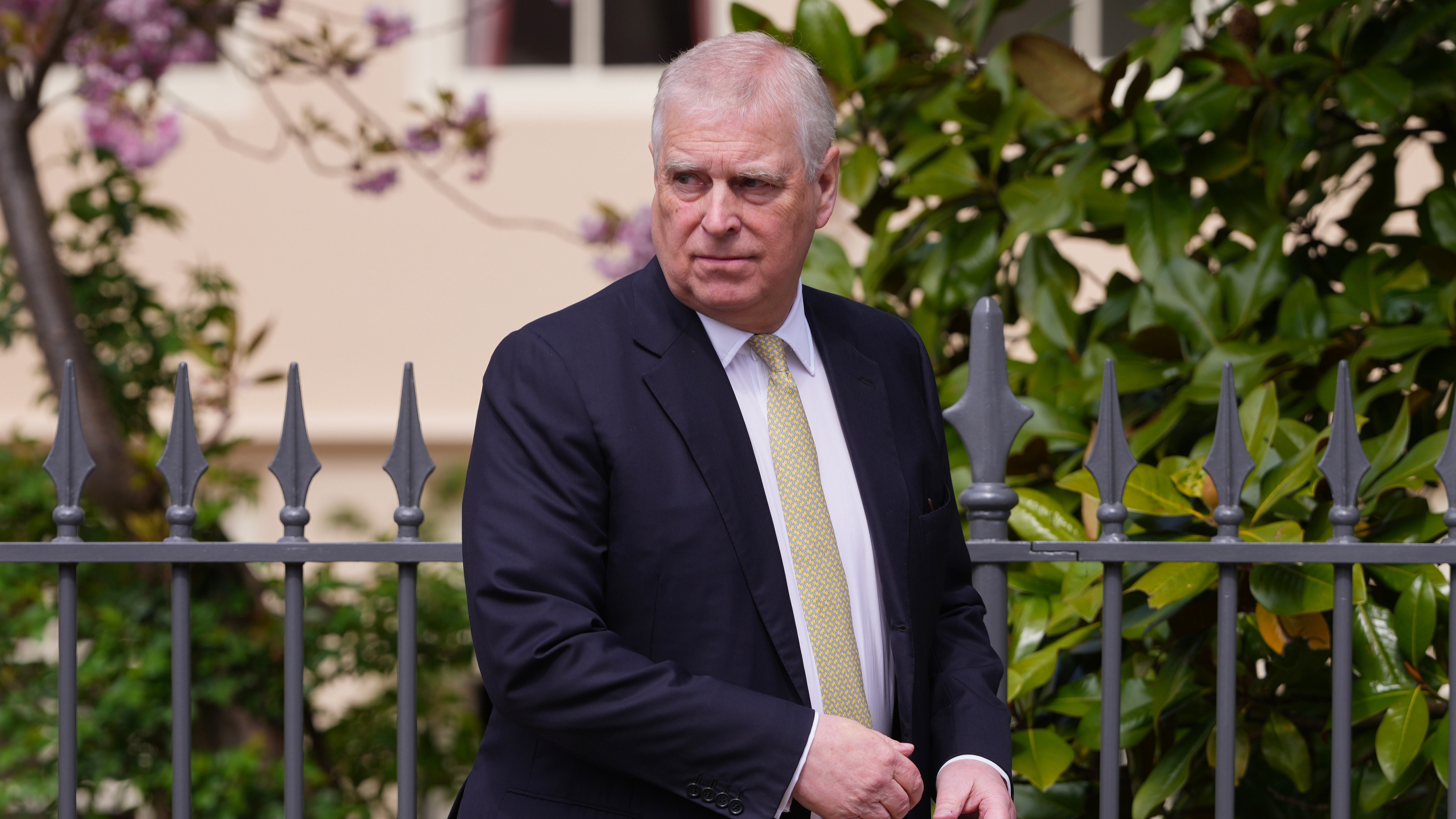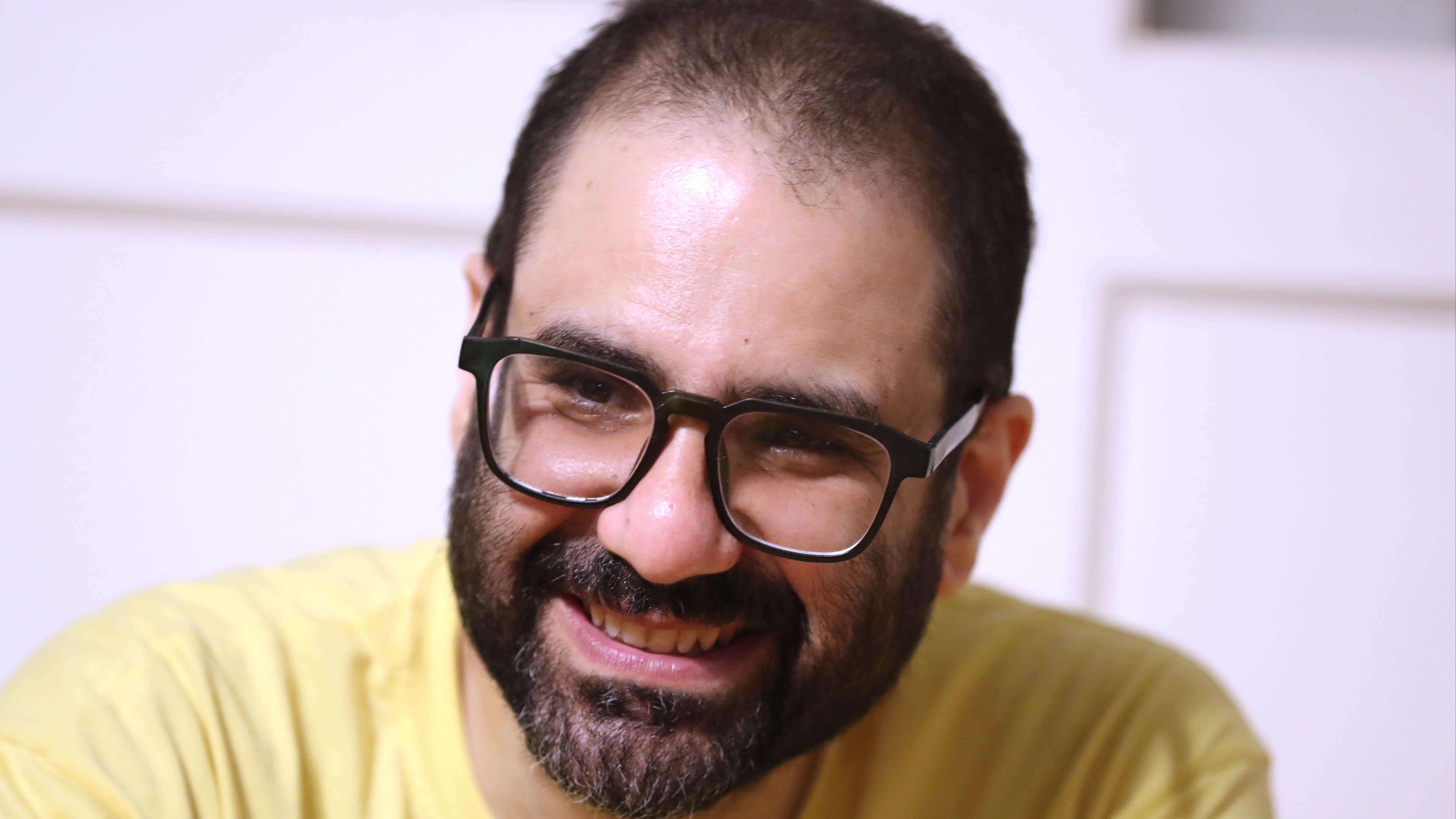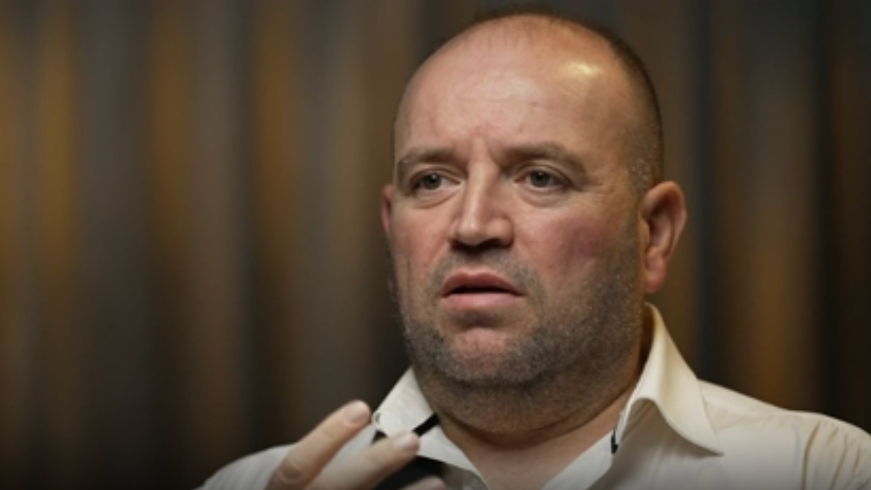A Holocaust survivor has said it is “up to us to guard against” a repetition of the Second World War atrocity, 80 years after the liberation of the Bergen-Belsen concentration camp.
Tens of thousands of people, including diarist Anne Frank, died at the camp in northern Germany, which was liberated by the British on April 15 1945.
Mala Tribich was deported to the site with her younger cousin when she was around 14 years old, spending under three months there – largely incapacitated by typhus – before watching out the window from her sickbed as people ran towards what she would learn were British troops.
On her biggest reflection 80 years on from the camp’s liberation, she told the PA news agency: “Whatever I know, whatever I went through, I have not forgotten, because you don’t forget that.
“I hope that nothing like that will ever happen again, and of course, it’s up to us to guard against it, and I hope that some people have learned the lessons.
“We have seen that it could happen again, and we must take every step not to let it.”
“The world is different today,” she added. “Different things are happening which are not very palatable, not very acceptable, but we must just constantly work against those terrible forces around us that make terrible things happen.”
Mrs Tribich was born in 1930 in Piotrkow Trybunalski in Poland and was around nine years old when the Nazis invaded, forcing her family to move into a ghetto – the first one established in Poland.
She was temporarily taken to Czestochowa where she tried to pass as a Christian relative of a family her parents had paid to look after her until deportations at the ghetto were over.
After some weeks, she returned to the ghetto, shortly after which her mother and eight-year-old sister were rounded up and murdered in a local forest.
Mrs Tribich became a slave labourer until November 1944 when she was separated from her father and brother and deported to the Ravensbruck concentration camp with her younger cousin.
“The first thing they did (at Ravensbruck) was take everything away from us that we brought, which wasn’t very much anyway,” she said.
“Then we had to give our names and ages, then we had to undress, our clothing was taken away, our heads were shaved and we went through cold communal showers and when we got out at the other end we got the concentration camp garb – striped skirt and jacket – and when we looked at one another we could not recognise each other.
“It made such an enormous difference having our hair shaved.
“It is very difficult to describe what it does to you to be stripped of your identity, and one of the things is that you lose hope, and without hope, you can’t survive, people give up and it showed itself very quickly.”
After about 10 weeks, Ms Tribich and her cousin were transported in cattle trucks to Bergen-Belsen, spending their first night in a big tent outside the camp with arrivals from all over Europe.
Mrs Tribich had her possessions bundled up in a handkerchief, including a piece of bread that she was keeping for her little cousin, which was stolen in the short time she dozed off that first night.
“It couldn’t have been for long but when I woke up my bundle was gone and it was like losing my worldly possessions,” she said. “There wasn’t much in it, but I felt, how could anybody do it?”
The following day they were taken into the camp.
“The scene that hit me was, first of all, there was a terrible smell,” Mrs Tribich told PA.
“There was a smell and a smog and there were people there but they were like skeletons and they were sort of shuffling along aimlessly and as they were shuffling they would die.
“And there were piles of corpses. I remember one very big pile and small piles and the people were just dropping dead, literally.
“There was a sort of turmoil and a slow movement of people and it was horrific.”
She overheard that there was a children’s home in the camp where she and her cousin were accepted.
“That was a real bit of luck because we wouldn’t have survived in the main camp,” Mrs Tribich said.
She spent some months there ill with typhus and said she does not remember much of liberation day because she was so sick.
Of April 15 1945, she said: “I was on my upper bunk and I must have come to consciousness… and when I looked out the window and there were people running towards the gate. I didn’t know why or where actually but that was the liberation when the British took the camp.”
She added that she was left waiting in the empty barracks for two days before British troops came for her with a stretcher.
Mrs Tribich recalled: “They were going to put me on the stretcher and I said: ‘No, that’s all right, I can do it myself.’
“So I just tried to get out and I just collapsed. I wouldn’t have been able to walk.”
She was transferred to a hospital before reuniting with her brother, Ben, in England in March 1947.
Mrs Tribich, who has a framed photo of herself speaking with the King, said she is “absolutely thrilled” to have made England her home.
She recalled chatting with Charles at an engagement, telling PA that “the person in charge” kept coming back to them “because he spoke to me so long and she wanted him to move on”.
She said he asked her whether she has written a book, adding: “He said you should write a book, it’s really very important that all these things are put down because you will forget them.
“This is the sort of conversation he has with you. It’s very individual, it’s between the two of you, and he touches on subjects that are either relevant or important.”
“There’s something about him, he’s very friendly and he’ll talk to anyone and he tries to behave like ordinary people,” she said.
Mrs Tribich, who was made an MBE in 2012 for services to education, shares her testimony in schools and colleges across the UK through the Holocaust Educational Trust, which gives tens of thousands of young people every year the unique opportunity to hear the first-hand testimony of Holocaust survivors.
Trust chief executive Karen Pollock said: “On April 15 1945, British troops from the 11th Armoured Division entered Bergen-Belsen and were confronted with scenes of unimaginable horror — thousands of unburied bodies and tens of thousands of emaciated and gravely ill prisoners. Though the British Army immediately launched a relief effort, thousands more tragically lost their lives even after liberation.
“As we mark 80 years since that day, we reflect on Britain’s connection to the Holocaust – both through the British soldiers who liberated the camp, and the survivors who found refuge in this country.
“We remember the six million Jewish men, women, and children murdered by the Nazis and pay tribute to those who survived and who dedicated their lives to sharing their testimonies so that future generations would learn from the past. We also honour the ordinary British soldiers who bravely fought to defeat Nazism at great personal cost, recognising them as the heroes they are.
“As we mark this significant anniversary, the lessons of the Holocaust remain as urgent as ever. With survivors and liberators dwindling in number and with antisemitism continuing to persist in our society – we must all commit to remembering the six million Jewish victims and must take action to ensure antisemitism is never again allowed to thrive.”
Follow STV News on WhatsApp
Scan the QR code on your mobile device for all the latest news from around the country


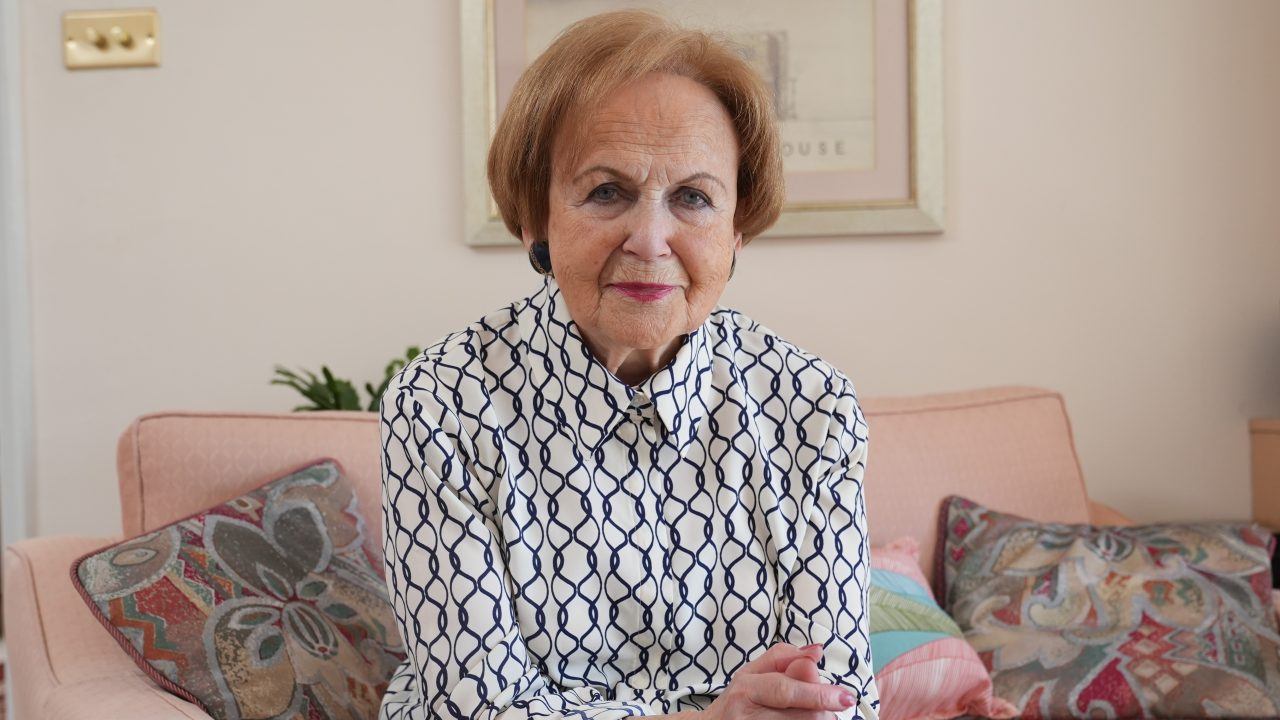 PA Media
PA Media

